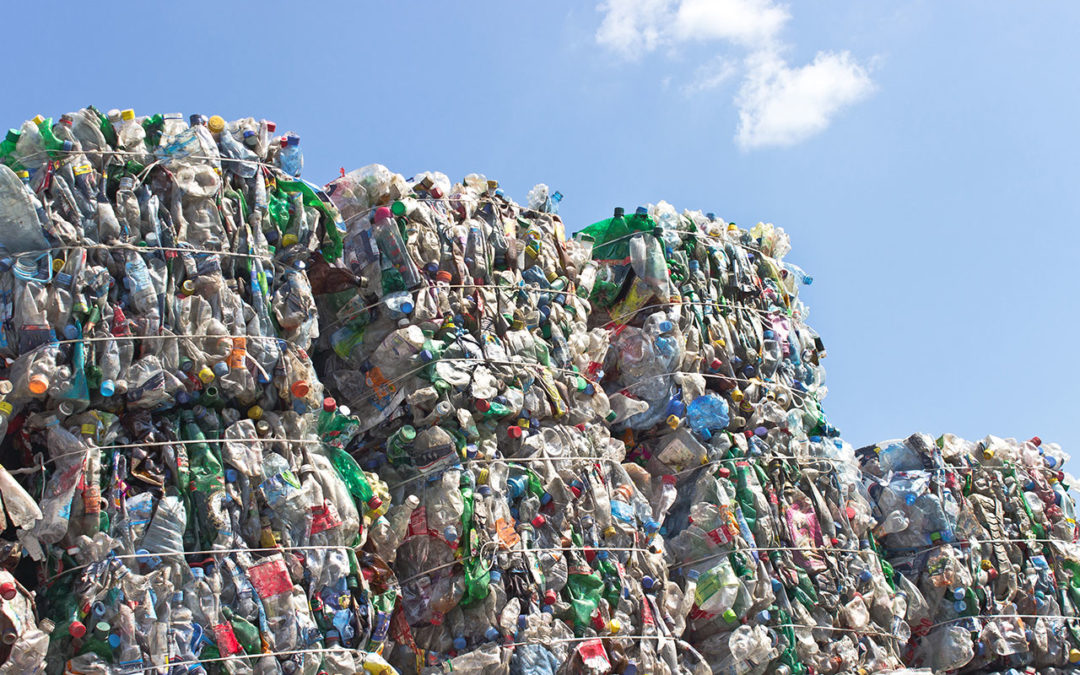For many of us, the topic of climate change and environmental protection is nothing new. Through awareness and education, we are seeing a positive global shift in behaviour. The world has evolved, and people are passionate about saving the Earth and protecting its resources for future generations. Major cities have begun passing laws that ban single-use plastics, recycling and composting has become much more convenient, and sustainability is now a large consideration in the manufacturing industry. However, when looking at global sustainability, there’s much more that we (as individuals) can do to contribute to the cause. Keep reading to learn more about sustainability, why you should care about it, and how to take action.
What does sustainability mean?
From the UN World Commission on Environment and Development, “sustainable development is development that meets the needs of the present without compromising the ability of future generations to meet their own needs.” Although the Earth’s natural resources have the ability to rejuvenate itself over a period of time, extracting the resources in an unbalanced and exploitive manner will have devastating consequences. In fact, there are resources that could never recover if certain limitations are not followed. Overfishing, deforestation, and excessive mining are all examples of unsustainable practices that impact the Earth negatively.
Why should individuals care about sustainability?
While the concept of sustainability may sound simple, it’s not easy to achieve significant results. Because of this, many people may be thinking that sustainable practices only matter for big corporations and governing bodies. As an individual, it’s easy to feel as though your efforts are too small and insignificant to make a difference. However, the consequences of these thought patterns can be disastrous. When we look at history as an example, major changes begin with individuals and small groups. The ‘green movement’ was once an unpopular cause, but as more people took notice and began taking part to better the environment, others followed as well. As such, individual actions actually show companies and governments that civilians are invested about sustainability. It provides incentive for change— so don’t think that your efforts have gone unnoticed!
Practicing sustainable habits
How we live our day-to-day lives will affect the environment, the climate, and other species. By practicing a sustainable lifestyle, we can reduce our carbon footprint and contribute to a greener world. Here are 5 habits that you can adopt to live more sustainably:
1. Think twice before shopping
Every product we purchase has an environmental footprint. Consider the materials that were used to manufacture it, as well as the pollution it may cause from ending up in a landfill. Before you buy a product, think about whether you really need it, whether the manufacturing company uses sustainable resources and packaging, and whether you can buy a second-hand version instead.
2. Be water conscious
In general, bottled water is thought to to be convenient because it is portable. However, that convenience comes with several problems. Plastic bottles are extremely harmful to communities and wildlife, and continue to emit toxic waste in landfills long after they have been used. In fact, a million plastic bottles are bought around the world every minute and the number will jump another 20% by 2021, creating an environmental crisis some campaigners predict will be as serious as climate change. Choose tap water over bottled water.
3. Drive less
Did you know that automobile and light-duty trucks account for about 11 per cent of greenhouse gas emissions in Canada? Changing your driving habits will drastically reduce your carbon footprint. Walk, bike, and take public transportation whenever possible!
4. Replace disposables with reusables
Many of the items that we encounter on a daily basis could take thousands of years to break down. Disposables such as coffee cups, plastic shopping bags, cutlery, straws, takeaway containers, and bottles are all items that could be easily replaced with reusable alternatives.
5.Prioritize recycling
Recycling conserves natural resources, protects ecosystems, and reduces pollution. There are many different items you can recycle, including: paper, plastic, clothing, electronics and metal. At Manville Recycling, we help homeowners and businesses with their unwanted scrap metal and electronic waste. We’ll pay for your scrap metal and repurpose the material in a safe and professional way! We’re proud to be a company that supports a sustainable future. Click here to learn more about recycling and its many environmental and economic benefits.
